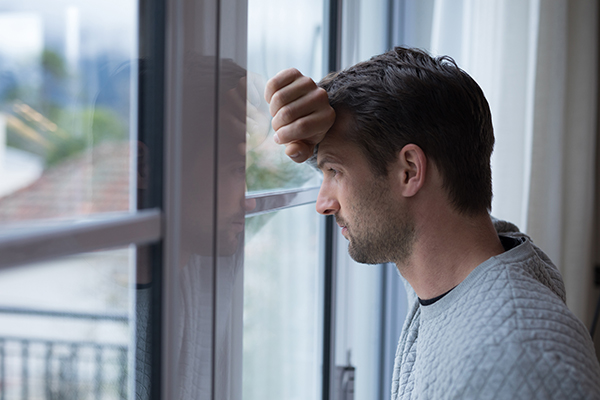Gratitude as Self-Care: Preventing Burnout in the Caregiving Journey

The stress of caregiving places caregivers at greater risk of both physical problems and emotional burnout. The good news is that there is a tool that can help in this challenging role: gratitude.
Learn to Live TeamDecember 12, 2024






